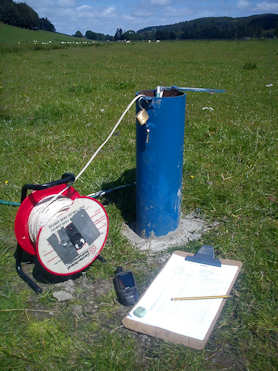
In order to have an all-year-round farming in Ghana’s agro-ecological zones, a renowned poultry farmer in the Ashanti wants the government to provide each five-acre farm size with borehole water.
The Annual total rainfall pattern seems to have changed in recent time due to climate change, and this is having severe consequences on food production in many parts of the country.
Areas under these zones have not benefited much from the government’s irrigation system, adversely affecting smallholder farmers.
Mr John Senya, who is chairman of Afigya Kwabre Poultry Farmers Association, is of a strong conviction that if the government meets half of his proposal for smallholders, the country would be on the path to food sufficiently and food security.
He has observed that the lean season approach has not been helping the country’s food production, hence the need to re-look at the traditional way of relying on the rains for agricultural productivity.
Although there are offices of the Ghana Irrigation Development Authority GIDA, in the regions, these regions cannot boast of functional irrigation systems.
The Ghana Irrigation Development Authority (IDA) was set up in 1977 under S. M. C. Decree 85 to oversee the development of irrigation systems for farming-producing areas but after 45 years of its existence, forest and middle belt zones cannot pride themselves of even 10 functional irrigation systems enhancing food production.
Smallholders are at risk as an increase in global temperature; elevated carbon levels and wet spells could damage crops and pasture composition.
Mr. Senyah said smallholder farmers in these agro-ecological zones should be supported in that line to keep them afloat and produce adequately to feed the rest of the population.
With that support alone, livelihoods of smallholder farmers may be improved and their general well-being enhanced.



